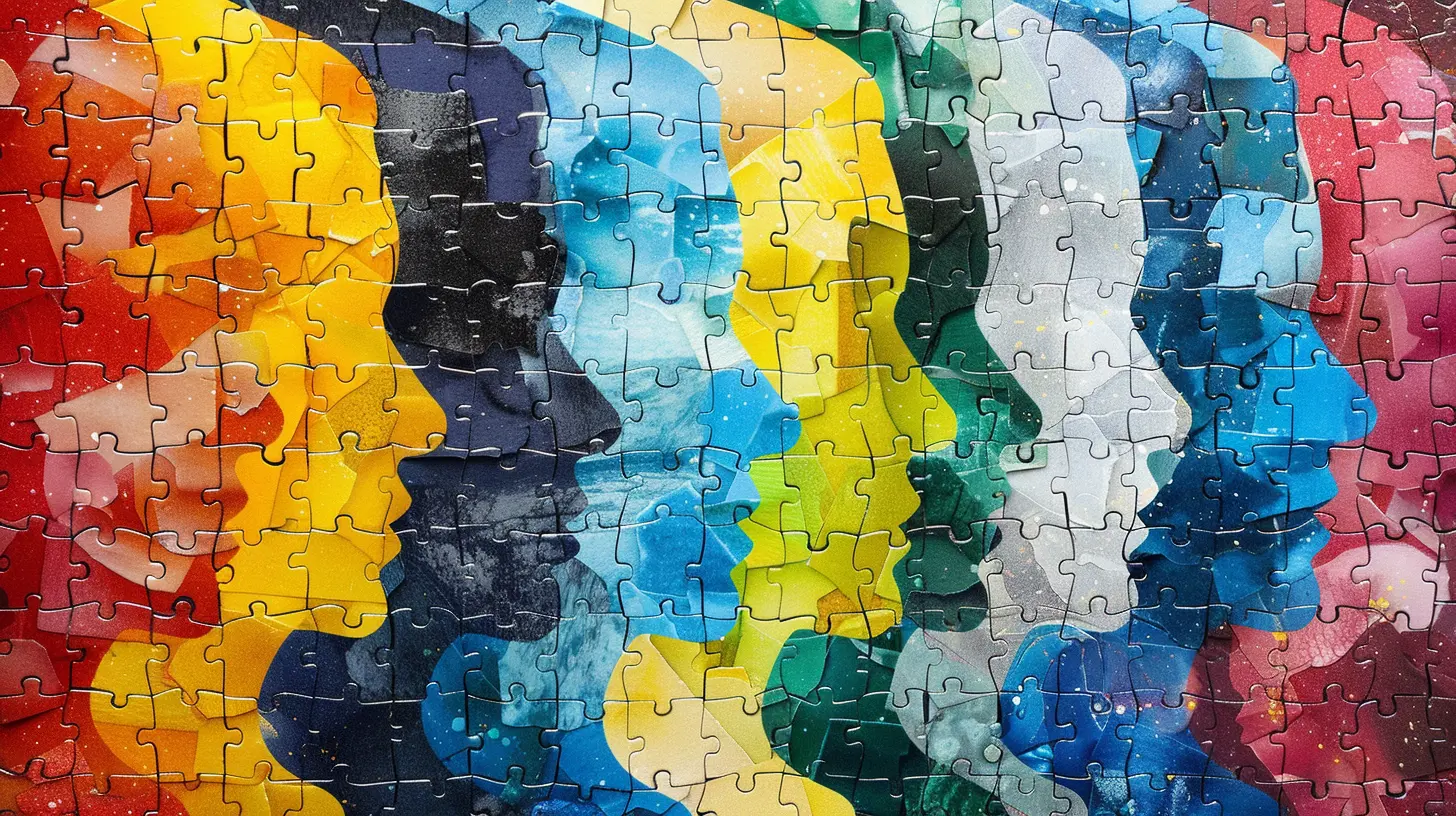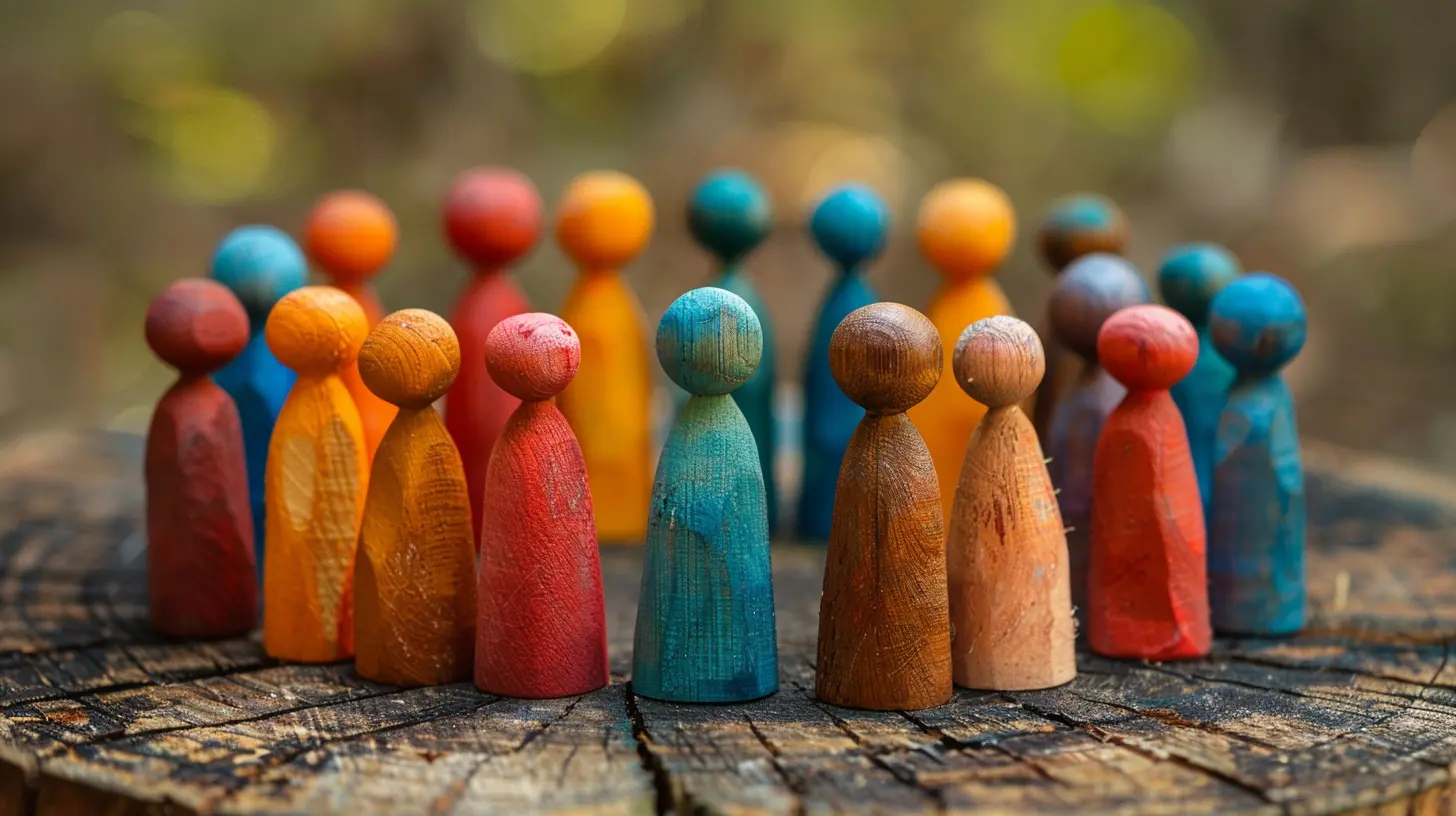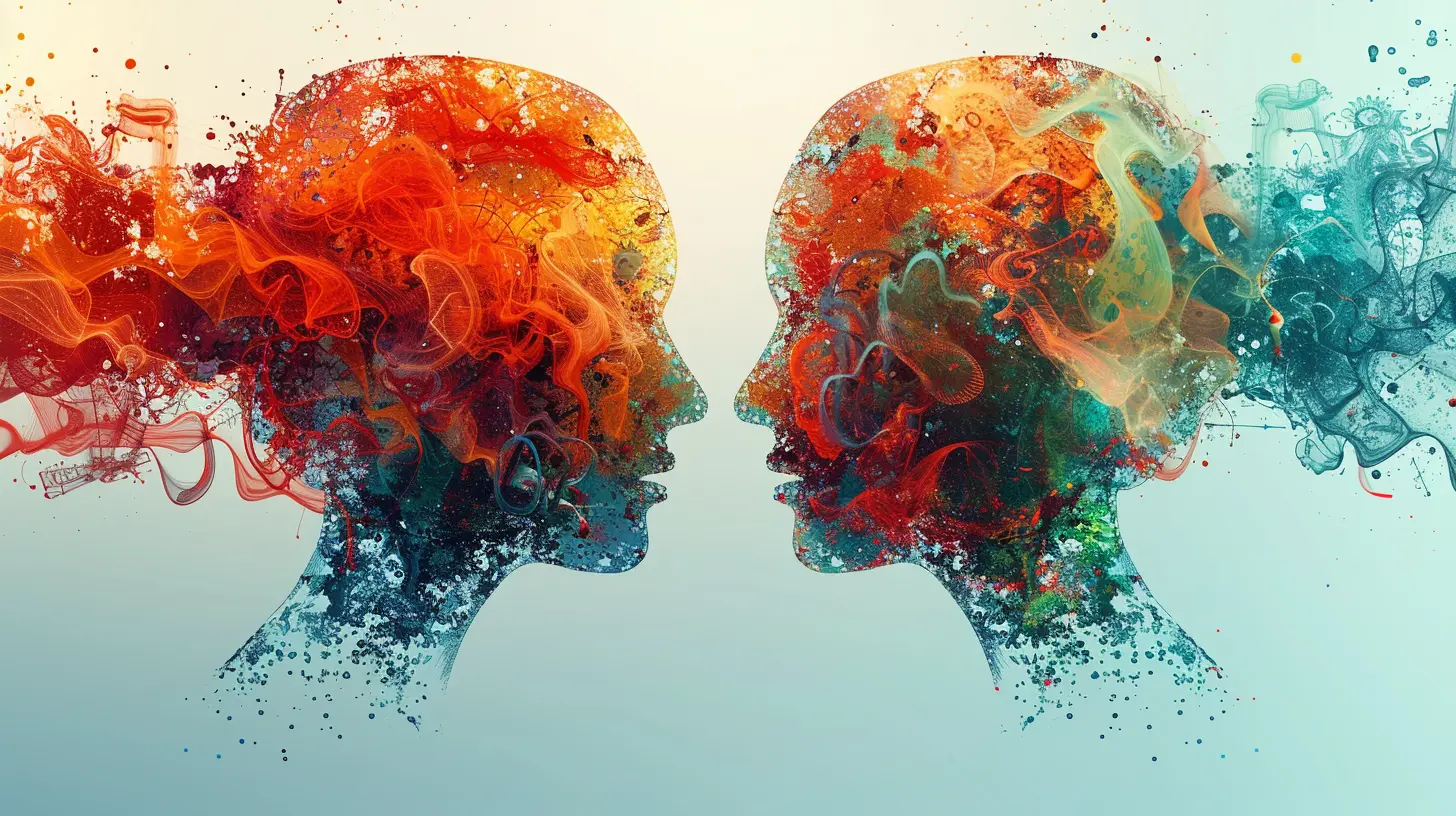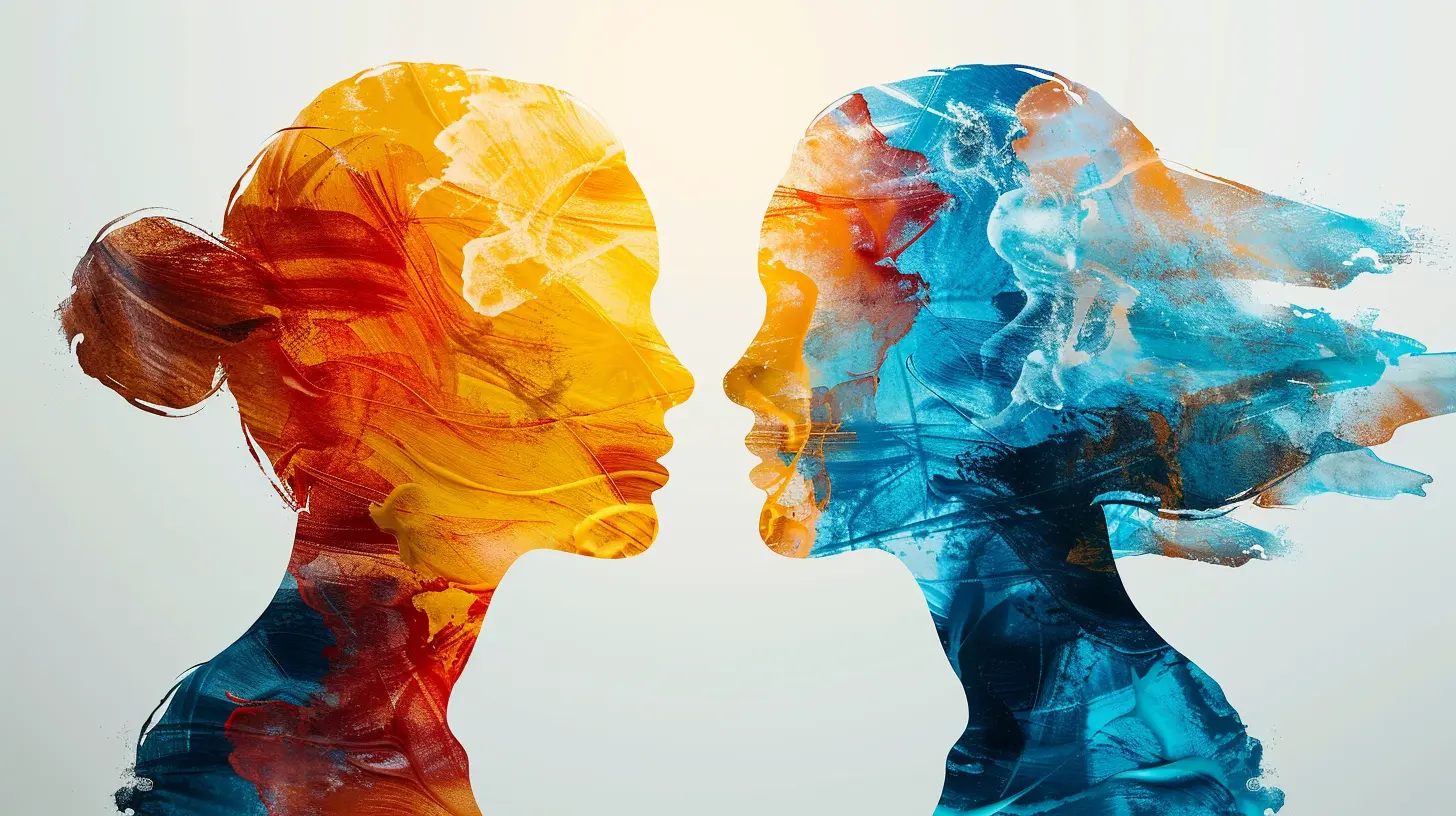The Power of Reciprocity in Building Strong Social Connections
29 March 2025
Have you ever done something nice for someone, and they felt compelled to return the favor? Or perhaps someone helped you out, and you felt an urge to repay the kindness? This is the magic of reciprocity at work. It’s a natural, almost instinctive behavior that bonds people together, builds trust, and strengthens social connections. But how does reciprocity actually work, and why is it so powerful in shaping our relationships?
In this article, we will dive deep into the concept of reciprocity, explore how it influences our social connections, and share actionable tips on how you can leverage this principle to build stronger, more meaningful relationships in your personal and professional life.
What Is Reciprocity?
Reciprocity, in its simplest form, is the social norm of responding to a positive action with another positive action. When someone does something nice for us, we naturally want to return the favor – it’s like an invisible force nudging us to balance the scales. This principle of "give and take" has been deeply embedded in human interaction for centuries.Think of reciprocity as a kind of social glue. When you offer help, a favor, or even a compliment, it creates a subtle obligation in the other person to reciprocate. It’s not forced, but rather a natural human response. Reciprocity is rooted in our evolutionary history, where cooperation and mutual aid were essential for survival. Today, while we might not be trading berries for help with building shelter, the need to reciprocate still shapes how we interact with others.
The Psychology Behind Reciprocity
Why do we feel the need to reciprocate? Psychologists suggest that reciprocity is driven by both social and emotional factors. On a social level, reciprocity helps maintain fairness and equity in relationships. If we take without giving back, we risk being seen as selfish or ungrateful – two traits that can strain relationships.Emotionally, reciprocity fosters feelings of trust and goodwill. When we give, we’re not just offering a material or emotional gift; we’re also sending a signal that we value the relationship. The recipient, in turn, feels appreciated and is more likely to reciprocate that positive sentiment. This back-and-forth creates a reinforcing cycle of goodwill, trust, and mutual benefit.
Reciprocity also taps into our sense of obligation. When someone does something for us, we feel indebted, even if we didn’t ask for their help. This sense of obligation can be strong enough to prompt us to act in ways we might not have otherwise considered. Ever felt like you had to invite someone to your party because they invited you to theirs? That’s reciprocity in action!
The Different Types of Reciprocity
Reciprocity isn’t just a one-size-fits-all concept. In fact, there are several types of reciprocity that play a role in our social connections.1. Generalized Reciprocity
This type of reciprocity is based on the understanding that giving doesn’t require an immediate or direct return. It’s common in close-knit relationships, like with family members or close friends. For example, you might lend your friend some money without expecting them to pay you back immediately, knowing that in the future, they’ll return the favor when you need it.2. Balanced Reciprocity
Balanced reciprocity involves an equal exchange of goods, services, or favors. It’s more common in professional relationships or among acquaintances. If a colleague buys you lunch, you might feel compelled to buy them lunch the next time. The expectation here is that the exchange will be roughly equal and occur in a relatively short time frame.3. Negative Reciprocity
While it sounds bad, negative reciprocity isn't always negative in the typical sense. It refers to an exchange where one party tries to maximize their gain, often at the expense of the other. Think of bargaining at a flea market where you're trying to get the best deal possible, even if it means the other person doesn’t benefit as much.
How Reciprocity Builds Strong Social Connections
Now that we’ve covered what reciprocity is and the different types, let’s explore how it actually strengthens social connections. When used effectively, reciprocity can be a powerful tool for building trust, deepening relationships, and fostering cooperation.1. Trust and Cooperation
At its core, reciprocity encourages trust. When you give something – whether it’s your time, a favor, or even a simple smile – and the other person reciprocates, it creates a sense of mutual trust. Over time, these small acts of reciprocity build a solid foundation of trust, which is essential for any strong relationship.Think of trust as a bank account. Every time you do something kind for someone, you make a deposit. When they reciprocate, they make a deposit too. The more deposits you both make, the richer the relationship becomes in trust and cooperation. On the flip side, failing to reciprocate is like making a withdrawal – and too many withdrawals can leave the account empty.
2. Strengthening Bonds
Reciprocity also strengthens bonds by creating a sense of shared responsibility. When you help someone, you’re not just doing them a favor – you’re investing in the relationship. They, in turn, feel a sense of obligation to invest back. This mutual investment creates a strong, reinforcing bond that deepens the connection over time.For example, think about your closest friendships. Chances are, they’ve been built on countless acts of reciprocity – from listening to each other’s problems to helping each other out in times of need. These repeated exchanges create a sense of closeness and loyalty that strengthens the relationship.
3. Creating a Sense of Belonging
Humans are social creatures, and we all want to feel like we belong. Reciprocity helps fulfill this need by fostering a sense of community and mutual support. When you give to others and they give back, you create a sense of belonging that’s rooted in mutual care and appreciation.Whether in personal or professional relationships, when people feel like they’re part of a give-and-take dynamic, they’re more likely to feel valued and included. This sense of belonging is crucial for building strong, lasting social connections.
Leveraging Reciprocity to Build Stronger Connections
Now that you understand how reciprocity works and why it’s so powerful, let’s talk about how you can leverage it to build stronger social connections. The good news? Reciprocity is something you can actively cultivate in your relationships. Here are a few practical tips:1. Give Without Expecting Immediate Returns
The best acts of reciprocity are those that come from a genuine place of kindness. Offer help, support, or even a small gesture without immediately expecting something in return. This signals to the other person that you value the relationship, and over time, they’ll likely reciprocate.2. Be Attentive to Others’ Needs
Reciprocity isn’t just about giving material things – it’s also about emotional support. Pay attention to what others need, whether it’s lending an ear or offering encouragement. Sometimes, the most meaningful acts of reciprocity are the ones that come from simply being there for someone.3. Follow Through on Promises
Trust is built on reliability. If you promise to do something for someone, make sure you follow through. Consistently following through on your promises creates a strong foundation of trust, which encourages reciprocity and strengthens the relationship.4. Create Opportunities for Positive Exchanges
Sometimes, the best way to foster reciprocity is by creating opportunities for it. This could be as simple as organizing a group dinner, offering to help a colleague with a project, or lending a hand when someone is in need. By taking the initiative, you create a space for positive exchanges that build strong connections.5. Express Gratitude
Gratitude is a powerful catalyst for reciprocity. When someone does something for you, make sure to express your appreciation. A heartfelt "thank you" can go a long way in encouraging future acts of kindness and reciprocity in your relationship.When Reciprocity Goes Wrong
While reciprocity is generally a positive force, it’s important to recognize that it can sometimes go wrong. Feeling obligated to return a favor can create pressure, and if the balance of give-and-take becomes uneven, it can strain the relationship. Additionally, some people may exploit reciprocity for selfish gain, manipulating others into feeling they "owe" something in return.To avoid these pitfalls, it’s important to be mindful of the intent behind your actions. Reciprocity should be about building relationships, not keeping score. If someone is constantly taking without giving, it may be time to reassess the relationship.
Conclusion: The Power of Reciprocity
Reciprocity is one of the most powerful tools we have for building strong, meaningful social connections. It fosters trust, deepens bonds, and creates a sense of belonging. Whether in personal relationships or professional settings, the principle of give-and-take is essential for creating lasting connections.By giving generously, being attentive to others, and fostering positive exchanges, you can harness the power of reciprocity to build stronger, more supportive relationships in all areas of your life. So, the next time someone does something kind for you, consider it an opportunity – not just to repay the favor, but to strengthen your connection and enrich your relationship.
all images in this post were generated using AI tools
Category:
Social PsychologyAuthor:

Jenna Richardson
Discussion
rate this article
4 comments
Genevieve McKibben
Reciprocity nurtures trust and cooperation, forming the foundation of meaningful relationships. By giving and receiving, we enrich our connections and foster mutual growth.
May 12, 2025 at 2:26 AM

Jenna Richardson
Thank you for your insightful comment! I completely agree—reciprocity is indeed vital for nurturing trust and fostering meaningful relationships.
Vito Phillips
This article on reciprocity fascinates me! How does the principle of give-and-take enhance our emotional bonds? I'd love to explore its impact on different types of relationships!
April 17, 2025 at 3:54 PM

Jenna Richardson
Thank you for your interest! Reciprocity strengthens emotional bonds by fostering trust and mutual support, which can deepen connections in friendships, romantic relationships, and even professional interactions. Exploring this dynamic can reveal how equitable exchanges enhance relationship satisfaction and longevity.
Emery Hines
This article insightful highlights how reciprocity fosters trust and strengthens relationships, essential for meaningful social connections.
April 3, 2025 at 3:16 PM

Jenna Richardson
Thank you! I'm glad you found the article insightful. Reciprocity truly is key to fostering trust and deepening relationships.
Marissa Smith
What a delightful read! The concept of reciprocity truly highlights the beauty of human connections. It's amazing how small acts of kindness can create strong bonds and foster community. Let's spread positivity and nurture our relationships—every little gesture counts! Thank you for sharing such uplifting insights! 🌟
March 29, 2025 at 4:41 AM

Jenna Richardson
Thank you so much for your kind words! I’m glad you enjoyed the article and appreciate the importance of fostering connections through small acts of kindness. Together, we can create a more positive community! 🌟



